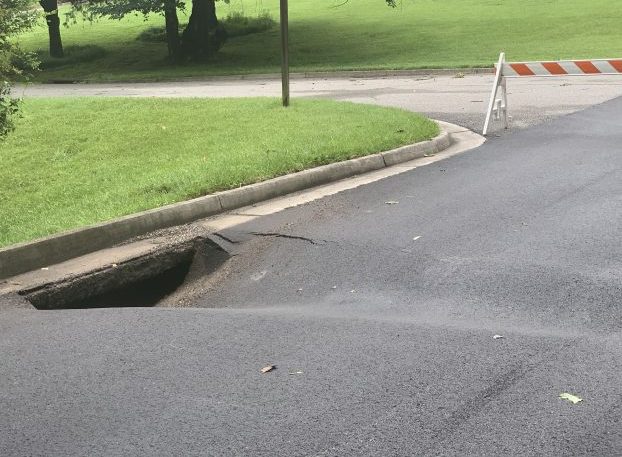‘They are not the full story’
Published 12:27 pm Tuesday, September 5, 2017
Editor:
In a recent conversation about the recent violence in Charlottesville, a woman said to me — what to her was the most searing accusation that she could muster — that I just wanted to re-write history.
I smiled, and said of course I do. At a very fundamental academic level, history is always being re-written. The basic truths that we understand today will and should change tomorrow as we get more insight and information. If history is not examined and re-examined, how can we accurately learn the lessons we so desperately need to light our paths forward?
Trending
As Virginians, we’re proud of our history, and we should be. There are a list of great accomplishments and remarkable people that have come out of this land. However, I do not believe that there is any history on earth so sacred that historians and scholars should put it in a glass case never to examine it again too closely for fear of disturbing the delicate sensibilities of the few. We learn new information and uncover lost secrets all the time, aiding our understanding. That is the sole job of the many excellent historians that study our history.
Carter G. Woodson, the second African American to ever earn a doctorate from Harvard University was born in Buckingham County less than an hour from the location of the recent violence in Charlottesville. He is without a doubt the most famous son of Buckingham and is considered the father of black history.
Like Woodson, I firmly believe that Virginia history needs to reflect as accurately as possible the complete history of our people.
Those monuments in Charlottesville and the other 200-plus monuments and museums around the commonwealth that tell the story of the Confederacy are a part of that history, but they are not the full story.
Let’s have a civil debate about how we can best tell a story that is an accurate and honest portrayal of all our people.
Ben Louis
Trending
Buckingham





